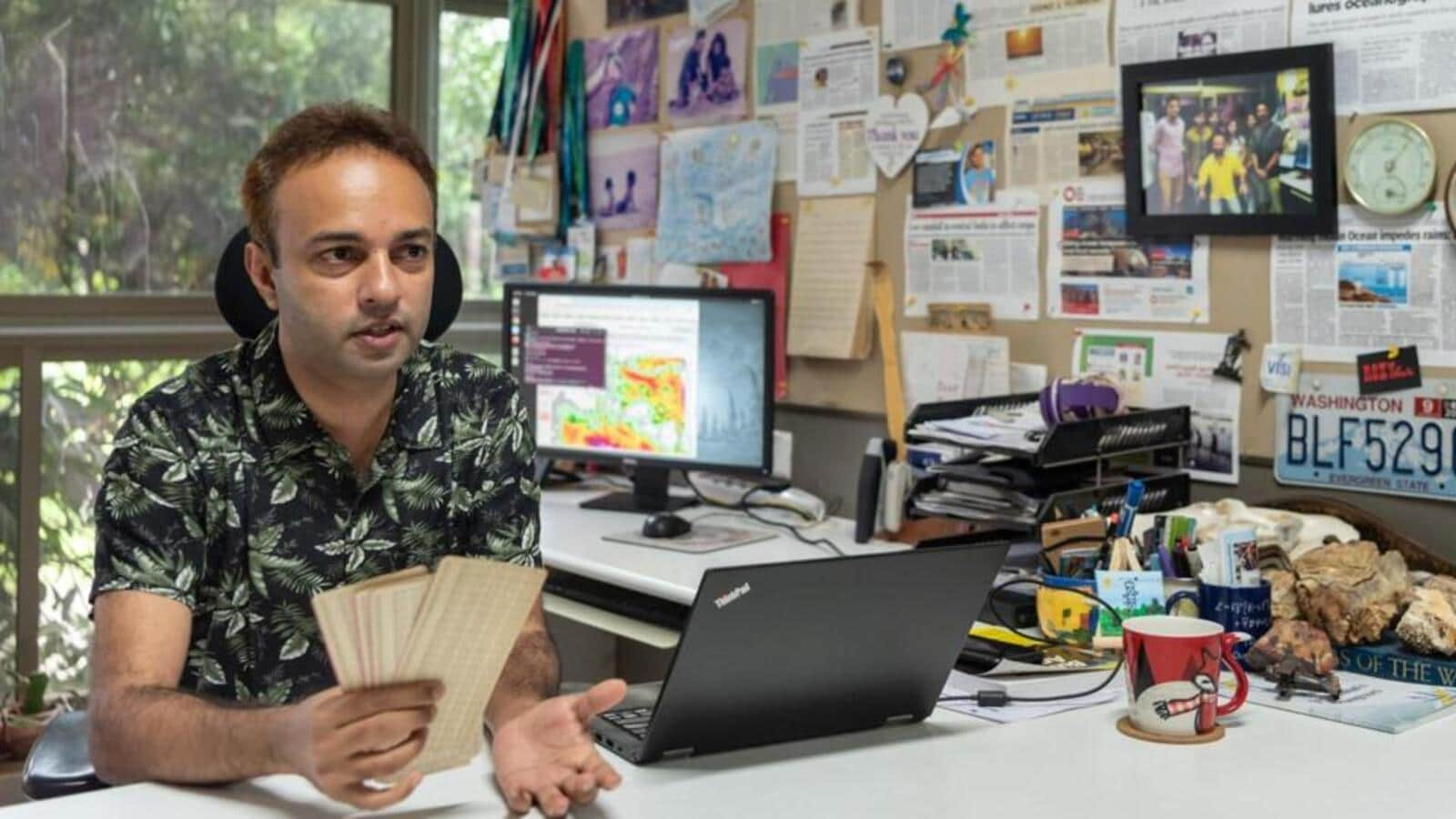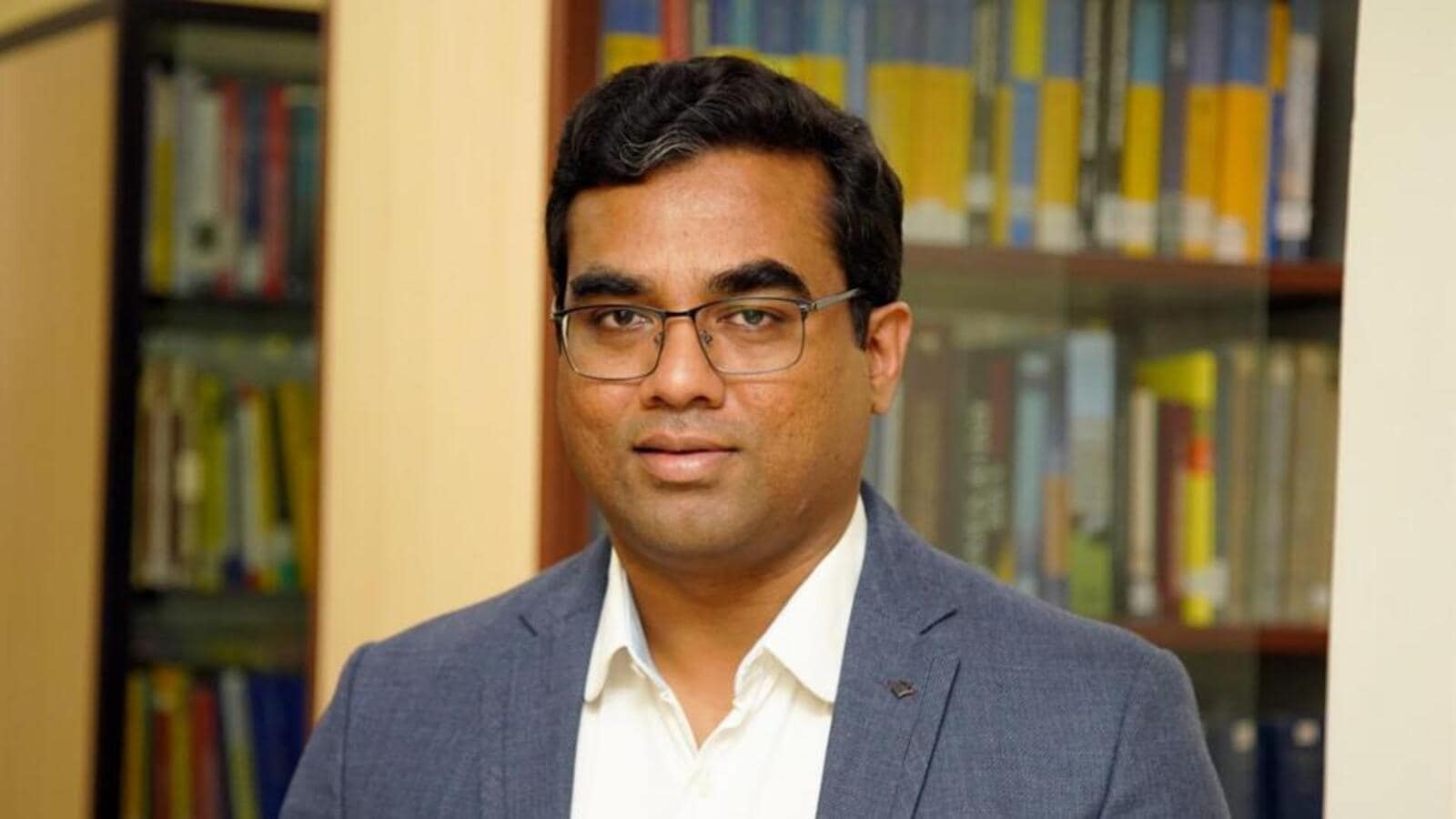Aug 24, 2024 04:20 PM IST
Author of IPCC reports studies the mechanisms involved in causing climate change, particularly marine heatwaves, and what these could mean for the future
Roxy Mathew Koll, winner of this year’s Vigyan Yuva Shanti Swarup Bhatnagar award for Earth Scientist, is a climate scientist at the Indian Institute of Tropical Meteorology and a leading expert in this field. He has been a lead author of the Intergovernmental Panel on Climate Change (IPCC) reports in 2019 and 2021, has chaired the Indian Ocean Region Panel, and is a Fellow of the American Geophysical Union. He talks about his work in studying the mechanisms involved in causing climate change, including his focus area of marine heatwaves.

What I do
My work is focused on climate change over the Indo-Pacific region, particularly the Indian subcontinent—extreme weather events such as extreme rains and floods, monsoonal changes, droughts, heatwaves, and cyclones. I have been working on all kinds of extreme weather events over India or the larger tropical Indian subcontinent region.
How I do it
I use long-term data as well as climate models to understand the mechanisms that play out resulting in climate change and variability in terms of extreme events, including those from the ocean point of view such as changes in sea level and marine heatwaves.
Studying marine heatwaves has been among the recent important work I have done. Marine heatwaves are periods of extremely high temperatures in the ocean that cause corals to bleach, disrupt fisheries, and intensify storms and extreme weather. Our research using climate models shows that the Indian Ocean is moving towards a semi-permanent marine heatwave state by 2060, when global warming crosses 2°C over pre-industrial times. This could pose a significant risk to India’s coastal population and also its marine life.
Overall, my work focuses largely on climate that impacts lives and livelihoods and food, water, and energy security of the country. My work provides insights not only on how the climate has changed in the past and is changing in the present, but also on how it is going to change in the future—hhow extreme heatwaves will be, where and how cyclones might increase, and how the monsoon will change in the future—sso that we can be prepared in terms of policies for climate adaptation.



